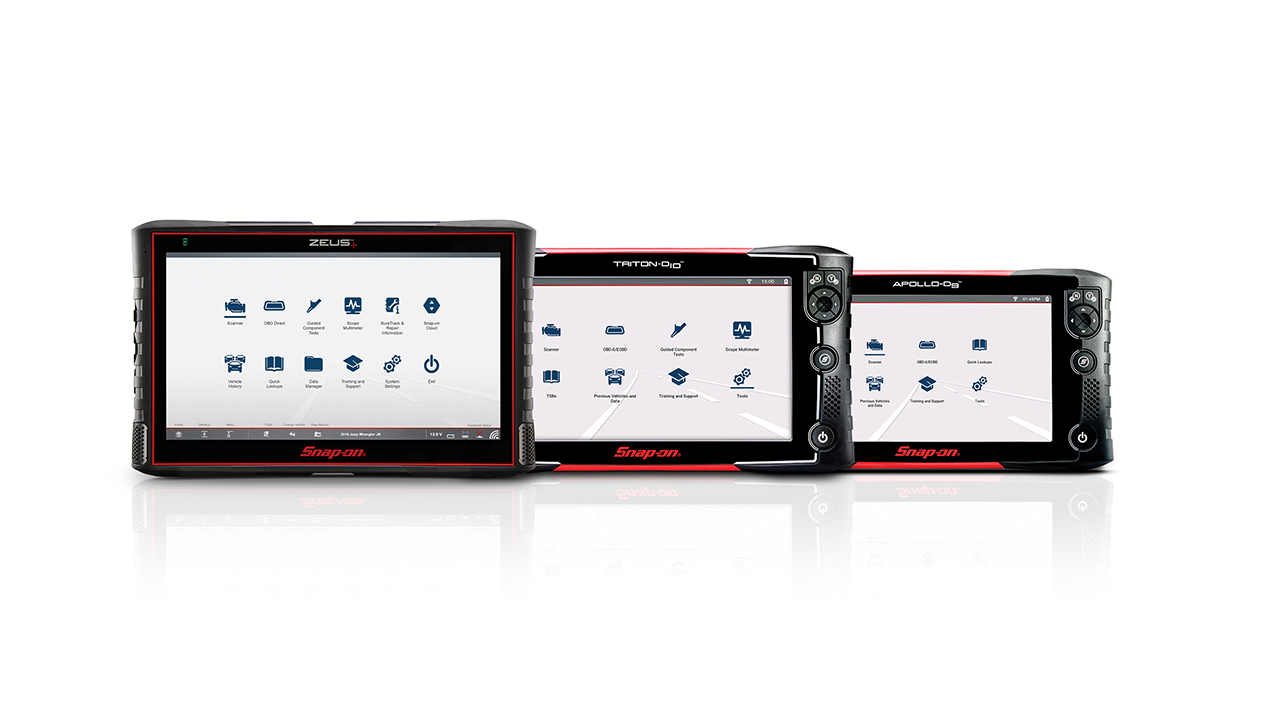The introduction of more and more new diesels in the coming years means technicians will have to keep up-to-date with the latest technology. That means more training, investing in the latest scan tools and software, and buying the special tools that may be required to service these engines. But for import specialists who are up on diesel technology, it’s good news because it means more service opportunities and more potential business.
Diesel engines traditionally require a little more maintenance than gasoline engines (more frequent oil and filter changes) and are more sensitive to fuel-quality issues. The complexity of the new common rail direct injection systems often also means higher parts and labor bills when repairs are needed.
EARLY ROOTS
Diesel engines are nothing new. The basic design for a compression ignition engine dates back to 1892. Patented by Rudolf Diesel, the diesel engine was originally developed to power industrial pumps. But it soon evolved into an automotive powerplant. Over the years, diesel engines have powered everything from trucks to cars to Humvees and tanks. There have even been a few diesel-powered Indy cars. Last August, the JCB Dieselmax set a new land speed record for diesel-powered vehicles of 328.767 mph at the Bonneville Salt Flats. In Europe, where fuel prices are up to four times higher than in the U.S., diesel engines power more than half of all new cars and light trucks. Diesel engines get up to 40% better fuel economy than comparable gasoline engines, and they provide good low-speed torque. In France, Belgium, Austria, Luxembourg and Spain, 60% of new passenger vehicles have a diesel engine under the hood. But in the U.S., diesel engines currently power less than 4% of the light vehicle market.
Volkswagen and Mercedes-Benz currently are the only import automakers to offer diesel options in the U.S., where emissions regulations now require diesels to run as clean as gasoline engines, which is a problem for older diesels because of high NOx and soot emissions. California, Maine, Massachusetts, New York and Vermont also have tougher emissions regulations that have restricted the sales of diesel cars in these states.
For 2007, the Mercedes-Benz E320 and R-Class wagon are the only diesel cars available in the U.S. Mercedes will also have diesel-powered GL-Class and M-Class SUVs. Volkswagen is still selling some leftover 2006 TDI models, but will wait for the 2008 model year to reintroduce its next generation Jetta TDI model. The new Jetta TDI diesel has been reengineered to meet the latest federal standards that require diesel engines to run as cleanly as gasoline engines.
In recent years, Volkswagen has sold two generations of TDI engines in North America. The first generation 1.9L TDI diesels used a distributor-type pump and were called “VE” engines. These were offered in Beetle, Golf, Jetta and Passat models from 1995 to 2003. The next generation “PD” (unit injector) 1.9L engines were introduced in 2004 on the New Beetle, Golf and Jetta, with a larger 2.0L engine in the Passat. In 2005, VW introduced a 5.0L V10 TDI engine in the Touareg.
So why are diesels an emerging service opportunity?
High fuel prices are the answer. When gasoline prices spiked over $3 a gallon last spring, consumers finally started to think seriously about fuel economy.
Though diesels have long been a popular option for pickup trucks in this country, there has been little interest in diesel cars because many people have outdated opinions about diesels being too noisy, sooty and sluggish for everyday driving. But, now, the public’s opinions about diesels are changing.
According to a 2006 TechnoMetrica Market Intelligence survey of more than 1,000 U.S. adult drivers, 51% agreed that diesel engines are not the under-performing vehicles they used to be. The survey also found that 50% of consumers now realize that diesels are more fuel-efficient than gasoline engines. Only 38% thought so in 2004.
Why the change in perception? New diesel injection technology has overcome many of the complaints previously associated with diesel engines. Ultra high-pressure common rail direct injection fuel systems with electronic controls are clean running, fuel efficient and quiet, and many perform as well as their gasoline counterparts. In fact, many consumers can’t tell any difference in the performance and driveability that is now available with the latest generation diesel-powered cars.
Automakers now have a strong incentive to bring more new diesel-powered cars to the U.S. market in the years ahead, with the combination of higher fuel prices, growing consumer awareness and interest in diesels, a better public perception of diesels, new common rail injection technology, and new emissions regulations that require cleaner emissions and low sulfur fuel.
Several new diesel models are scheduled to hit dealer showrooms in the next couple of years. VW will reintroduce its new diesel Jetta, and an all-new Tiguan SUV with a 2.0L turbocharged diesel engine by late 2007. Mercedes may expand its diesel offerings by the end of the year as well, and BMW will bring some diesel-powered models to the U.S. in 2008 (63% of BMW’s European sales are currently diesels). Honda says it will sell a diesel car here in 2009, and Nissan is aiming for 2010, if not sooner.

